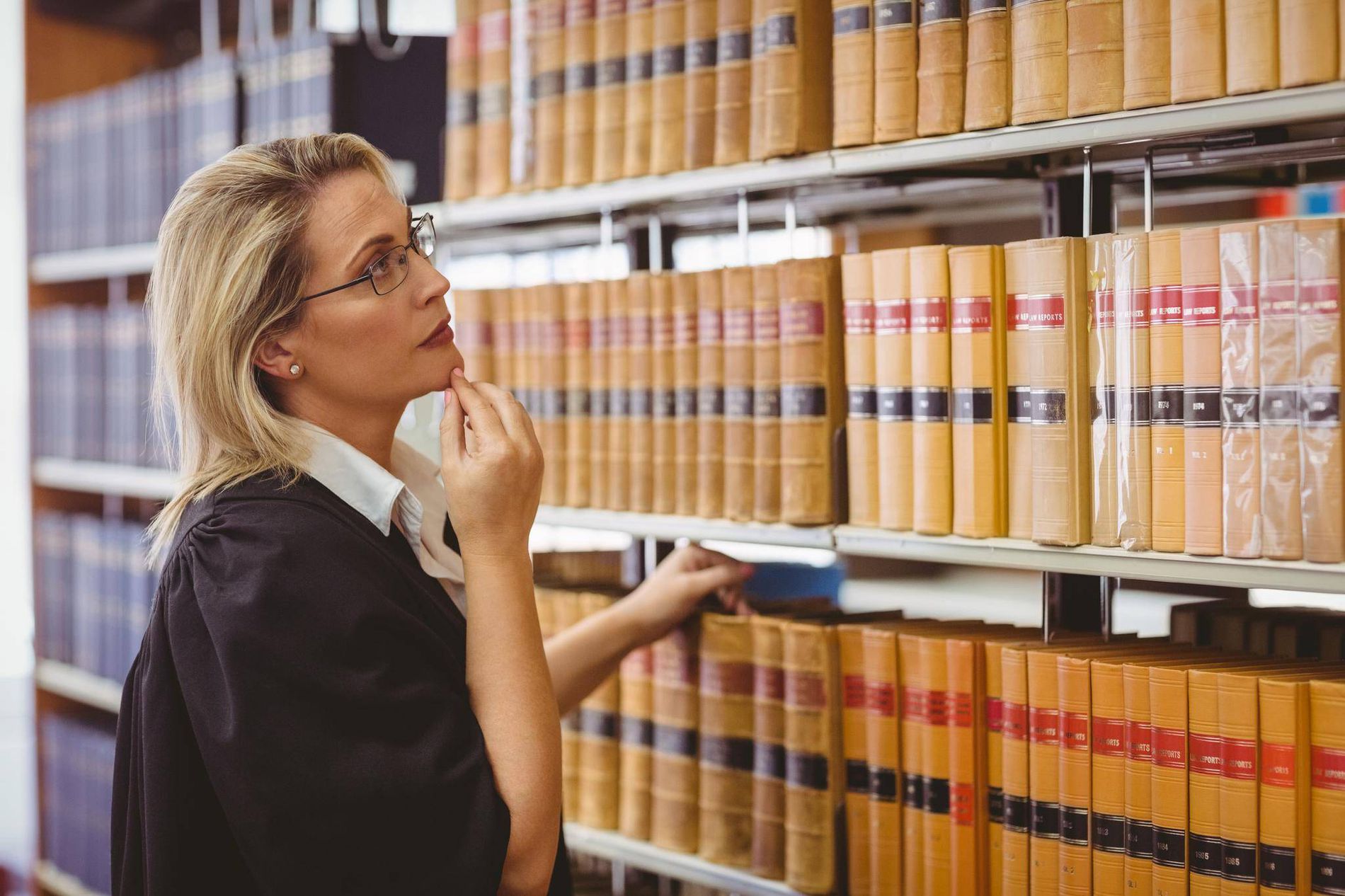For years, budding airplane pilots and race-car drivers have been able to strap themselves into virtual simulators to test their respective skills and odds of real-world success. But what about lawyers?
copyright by beta.theglobeandmail.com
 Recent advances in artificial intelligence and machine learning mean legal professionals are now getting the same preparatory tools as their vehicle-oriented counterparts. Proponents say the technology, which can simulate courtroom judgments, among other things, will allow lawyers to do a better job and make legal representation more affordable and accessible to a broader population.
Recent advances in artificial intelligence and machine learning mean legal professionals are now getting the same preparatory tools as their vehicle-oriented counterparts. Proponents say the technology, which can simulate courtroom judgments, among other things, will allow lawyers to do a better job and make legal representation more affordable and accessible to a broader population.
Getting rid of routine work
“Law as a career will become more intellectually engaging, not less,” says Benjamin Alarie, the Osler Chair in Business Law at the University of Toronto and co-founder and chief executive officer of Blue J Legal. “It’s going to make the law more predictable, accessible and transparent.” Toronto-based Blue J is among a wave of startup firms using AI to tame and manage the continually growing pile of documents, transcripts and case law that legal professionals deal with. A good portion of many lawyers’ time – and therefore what their clients are paying for – is spent combing through such files by hand to prepare cases. AI tools offer the promise of automating the search processes, then delivering summaries of pertinent information and saving their human users hours of drudgery.
With machines able to quickly sift through reams of data, lawyers will then be able to spend more of their time personally interacting and crafting strategies with clients, Mr. Alarie says. Blue J, which launched in 2015, goes a step further with simulation software that predicts how a court might rule in a given case. The company’s first product, Tax Foresight, crunches various inputs, including client details, arguments and previous case law, and delivers a simulated judgment. Mr. Alarie says the system, which is aimed at tax lawyers and accountants, is about 90 per cent accurate. While not perfect, it can give users a clearer snapshot of their respective positions, which means fewer cases going before a judge. […]
read more – copyright by www.theglobeandmail.com


For years, budding airplane pilots and race-car drivers have been able to strap themselves into virtual simulators to test their respective skills and odds of real-world success. But what about lawyers?
copyright by beta.theglobeandmail.com
Getting rid of routine work
“Law as a career will become more intellectually engaging, not less,” says Benjamin Alarie, the Osler Chair in Business Law at the University of Toronto and co-founder and chief executive officer of Blue J Legal. “It’s going to make the law more predictable, accessible and transparent.” Toronto-based Blue J is among a wave of startup firms using AI to tame and manage the continually growing pile of documents, transcripts and case law that legal professionals deal with. A good portion of many lawyers’ time – and therefore what their clients are paying for – is spent combing through such files by hand to prepare cases. AI tools offer the promise of automating the search processes, then delivering summaries of pertinent information and saving their human users hours of drudgery.
With machines able to quickly sift through reams of data, lawyers will then be able to spend more of their time personally interacting and crafting strategies with clients, Mr. Alarie says. Blue J, which launched in 2015, goes a step further with simulation software that predicts how a court might rule in a given case. The company’s first product, Tax Foresight, crunches various inputs, including client details, arguments and previous case law, and delivers a simulated judgment. Mr. Alarie says the system, which is aimed at tax lawyers and accountants, is about 90 per cent accurate. While not perfect, it can give users a clearer snapshot of their respective positions, which means fewer cases going before a judge. […]
read more – copyright by www.theglobeandmail.com
Share this: